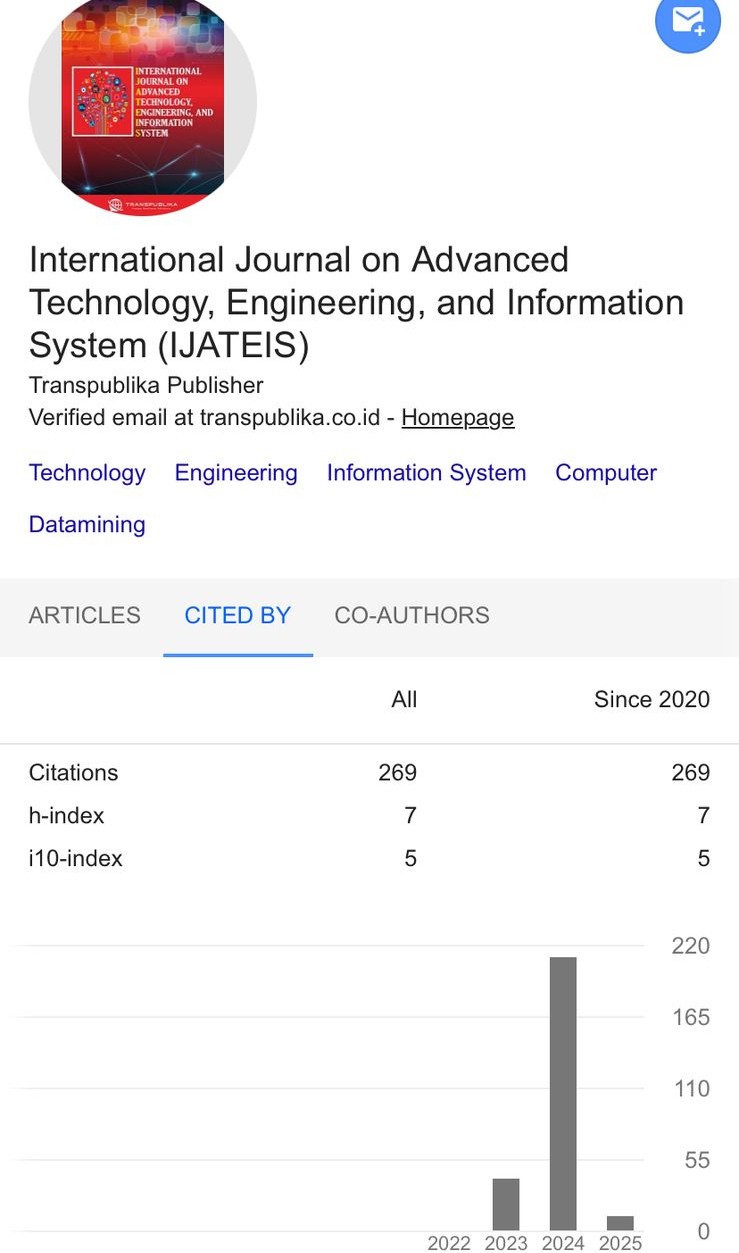Analysis of Project Time Using the Earned Value Method Concept on the Situbondo District Bagor Bridge Replacement Project
Main Article Content
Yonandika Pandu Putranto*
Andi Patriadi
Sajiyo
This research aims to analyze the time and cost efficiency of the Bagor Bridge Replacement Project in Situbondo Regency using the Earned Value Method. The research employs a qualitative descriptive approach, where data is collected through literature studies, field observations, and analysis of project documents such as plan drawings and weekly reports. Data analysis techniques include calculating several indicators, including Cost Performance Index (CPI), Schedule Performance Index (SPI), and Variance at Completion (VAC). The results showed that in weeks one to nine, the project ran according to the planned schedule, but there was a delay between weeks ten to nineteen. In the twentieth to twenty-fourth week, the project made progress again. The effectiveness of project time and cost control was obtained with a score value of 1.603, which indicates that project control is very effective. Based on these results, it is recommended that the implementing contractor compile detailed daily reports to monitor cost overruns and anticipate existing risks. The use of Earned Value method can be combined with other methods to maximize project control. In addition, logistics, equipment, and resource management should be considered to prevent unwanted problems.
Anwar, S., & Hayati, N. I. (2013). Analisis Pemakaian Metode Earned Value Sebagai Alat Pengendalian Proyek. Astonjadro, 2(2), 19–28.
Ariana, I. K. A., & Lestari, D. A. (2023). Analisis kinerja proyek optimalisasi SPAM Gatak Kabupaten Sukoharjo dengan metode earned value. Journal of Integrated System, 6(1), 87–102.
Irniawan, D., Oetomo, W., & Marleno, R. (2024). Cost And Time Analysis Using Earned Value Method In Administration Building Contruction Project At Polije Campus. International Journal On Advanced Technology, Engineering, And Information System, 2(4), 423–432. https://doi.org/10.55047/ijateis.v2i4.1059
Kartikasari, D. (2014). Pengendalian Biaya dan Waktu Dengan Metode Earned Value (Studi Kasus: Proyek Struktur dan Arsitektur Production Hall-02 Pandaan). Jurnal Teknik Sipil, 7(2), 107–114.
Mughni, A. F. A. Z., Tjendani, H. T., & Witjaksana, B. (2024). Cost Performance Analysis Using Earned Value Method On Preservation Of Exit Toll Road Section 5 Pandaan Malang. International Journal On Advanced Technology, Engineering, And Information System, 2(4), 294–311. https://doi.org/10.55047/ijateis.v2i4.969
Ndunguru, L. (2023). Effect of the Internal Supervision on Project Implementation. Institute of Accountancy Arusha (IAA).
Nurtsani, R. A., Septiadi, D. R., & Suharyanto, S. (2017). Pengendalian Biaya Dan Waktu Proyek Dengan Metode Konsep Nilai Hasil (Earned Value). Jurnal Karya Teknik Sipil, 6(4), 460–470.
Pahalawan, F. A. (2014). Analisa Konsep Nilai Hasil (Earned Value Analysis) Terhadap Waktu dan Biaya Pada Pekerjaan Proyek Pembangunan Gedung (Studi Kasus Pembangunan Gedung MCS SBU II Surabaya).
Rahmanto, T., & Janizar, S. (2022). Pengendalian Biaya dan Waktu dengan Metode Earned Value Proyek Familia Urban Bekasi. Jurnal Teknik Sipil Cendekia (JTSC), 3(2), 331–342.
Widayanti, D. A., Hartono, W., & Sugiyarto, S. (2017). Pengendalian Biaya dan Waktu dengan Menerapkan Metode Earned Value Analysis (EVA) Menggunakan Software Primavera Project Planner P6 (Studi Kasus Proyek Pembangunan Hotel Brothers 2 Solo Baru, Sukoharjo). Matriks Teknik Sipil, 5(4).
Wijaya, Y. P., & Hartati, H. (2016). Pengendalian Biaya Dan Waktu Pada Proyek Konstruksi Dengan Konsep Earned Value (Studi Kasus Proyek Pembangunan Jembatan Beringin–Kota Padang). Jurnal Rekayasa Sipil Politeknik Negeri Andalas, 13(1), 23–30.












